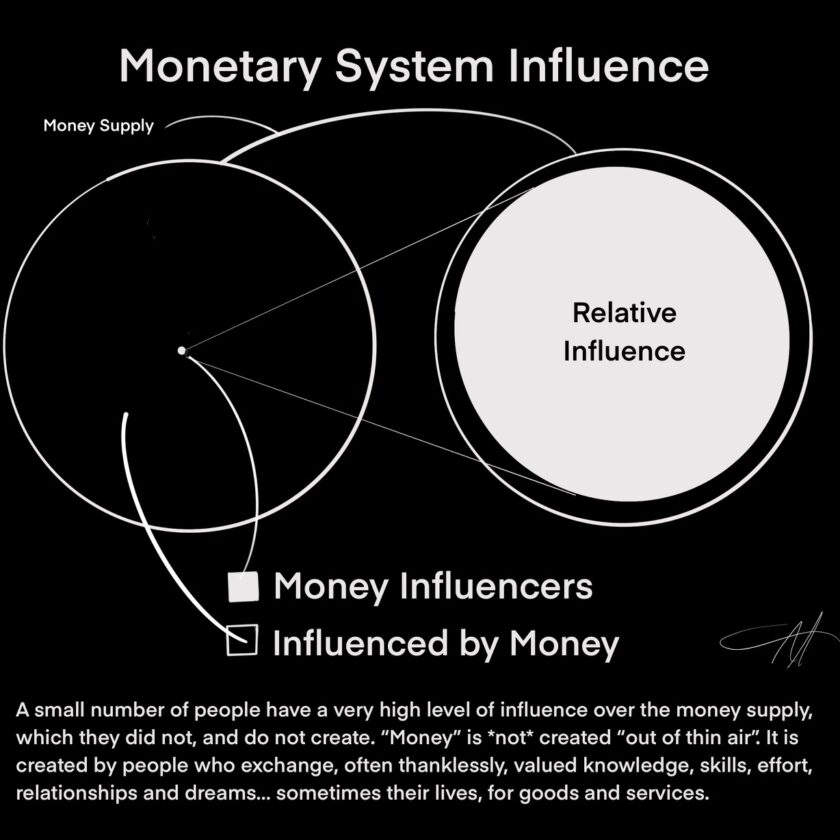Here’s something to make you think about what “best practices” in the pharmaceutical industry means these days. Ask yourself if you’d want to entrust your life to people who govern themselves by the ethos demonstrated below.
Privately held Purdue Pharma, L.P. is a major player in the pharmaceutical game. Its web site claims that the company has long been “known for its pioneering research on persistent pain, a principal cause of human suffering.”
While pain is often involved in the experience of human suffering, I challenge the assertion that pain is “a principal cause” of it. And this focus on removing the pain experience and not its actual cause, is at the root of traditional medicine’s misplaced focus.
Not addressing the real cause of disease while saying that they are, should be a reason to call companies like Purdue Pharma to task. That’s not happening; yet. But the harmful effects of this misleading philosophy in the pursuit of profits, are continuing to mount when a little re-education, and a commitment to health and healing — not pain or disease management — is all that we need.
A U.S. District Judge has just ordered Purdue Pharma to pay $634.5 million for misleading the public about the addictive effects of the drug OxyContin, which has gained favor among some drug abusers, who buy and sell it on the black market, calling it by such names as “poor man’s” or “hillbilly heroin,” and “oxycotton.”
The fine was levied on the company, its top lawyer and former president and chief medical officer. The full AP story is published on MSNBC.com. If you think this is going to mark the beginning of a reform of our drug consciousness, think again.
On the surface, this outcome appears to be a major slap on the wrist. To Purdue, it’s not even a minor one, and certainly not a deterrent to the status quo. The funds will be distributed to state and federal law enforcement agencies, the federal government, federal and state Medicaid programs, a Virginia prescription monitoring program and individuals who had sued the company. About $5 million will go toward a six-year company program to monitor compliance with the agreement.
As far as the system is concerned, this was simply a creative way of intra-governmental gifting, where one part of the government sends a booty to another, made up of funds that were unethically extracted from the people who bought in to an unfounded premise.
The people who paid the real price, sometimes in the form of their lives, but also, in their health and well-being, are uncompensated, and they haven’t been left better informed by this ruling. And yet, government appears to be acting as the people’s “White Knight,” looking out for the health interests of the citizens when nothing of the sort has actually happened.
The $634.5 million gift is in fact, a lot of money to the agencies that will be receiving it, but only a drop in the bucket to Purdue, who has not been enjoined from selling the drug itself. Why should it be if the efficacy using it to “kill pain” was not questioned?
The perception that “painkillers” like OxyContin, Vicodin, and Percodan should remain viable responses to chronic pain, was unaffected. Oxycontin’s status as a trusted “powerful painkiller” and in essence, a “go to” drug in certain situations, is safe.
One thing I will agree on, is that these drugs are killers. And the effect of such killers are are at cross purposes to the realization and restoration of health. Employing them leaves the task of health restoration unaddressed. The body has no other options available but to increase the pain signals, or cease functioning.
Introduced in 1995, annual Oxycontin sales peaked at over $1.5 billion in 2001, and had dipped down to “only” $1 billion by 2005. The product has definitely made drug pusher, er… manufacturer Purdue Pharma, anything but poor, this in spite of the fact that the list of people who have died from overdoses of the drug continues to rise.
In all fairness, in many of these cases, the drug abuses didn’t begin with Oxycontin; they ended on it. Many other drugs, including alcohol contributed to the end result. So this isn’t an indictment against Purdue Pharma, per se.
This also isn’t a wake-up call for the drug industry.
This is a wake-up call for readers who still think that they can solve physical problems by dropping a pill, injecting a needle, or taking a shot. The pills, needles, and shots will more often mask and compound the problem. They don’t make problems go away. They take us out of the moment, where real solutions can be found, or fears faced and transcended.
In that respect, pain brings us squarely in the Now… often kicking and screaming. Yet, when we open our eyes, set our fears aside, and seek real solutions, we typically find that the pain eventually abates.
On the physical side, there are natural answers to medical problems that result in pain, that companies like Purdue Pharma aren’t telling you about. That’s okay. Who can expect them to since they’re not really concerned about you? However, the average doctor won’t tell you about natural modalities either, in part because they don’t get wined and dined in medical school by producers of natural remedies. This trend is changing, but it is still the exception, not yet the rule.
Medical schools don’t receive research grants or endowments from the natural products sector, and so any input that might be considered is easily suppressed when the pharmaceutical sales reps come through, with pamphlets, samples, and junket and all-expenses-paid conference invitations in hand.
You are therefore not informed of natural approaches that can relieve your pain, and take away its reason for returning.
Let me ask you this. Would you prefer to take a pill that contains enough oxycondone to kill you if you inadvertently (or deliberately) crushed or chewed it and swallowed? Or understanding that it would help (or trusting that your doctor would understand and advise you accordingly), if you were in pain, would you prefer to give your body the mineral infusion, toxic removal, or re-balancing it was telling you that it needed?
To put it another way, would you prefer your doctor to prescribe the best way to get your body what it needs? Or just give it something to “kill” the pain (i.e., lower your pain threshold)?
Since most doctors still seem to be more inclined to write the prescription than help guide us through what is actually a nutrition imbalance or delivery issue, it’s apparent that our health is not their primary purpose. The primary purpose of the current medical informational system is to manage our disease at the greatest cost to us… i.e., our health, and at the least cost to them.
As an industry, this makes “medicine” a profitable one… that is, until the fat cats that run these companies start losing their health, and coming down with the diseases that their protocols can’t effectively address.
Why wait until then to see a change in the status quo? Inform yourself now.





Your comment about something, i suggest too be it more long as possible.